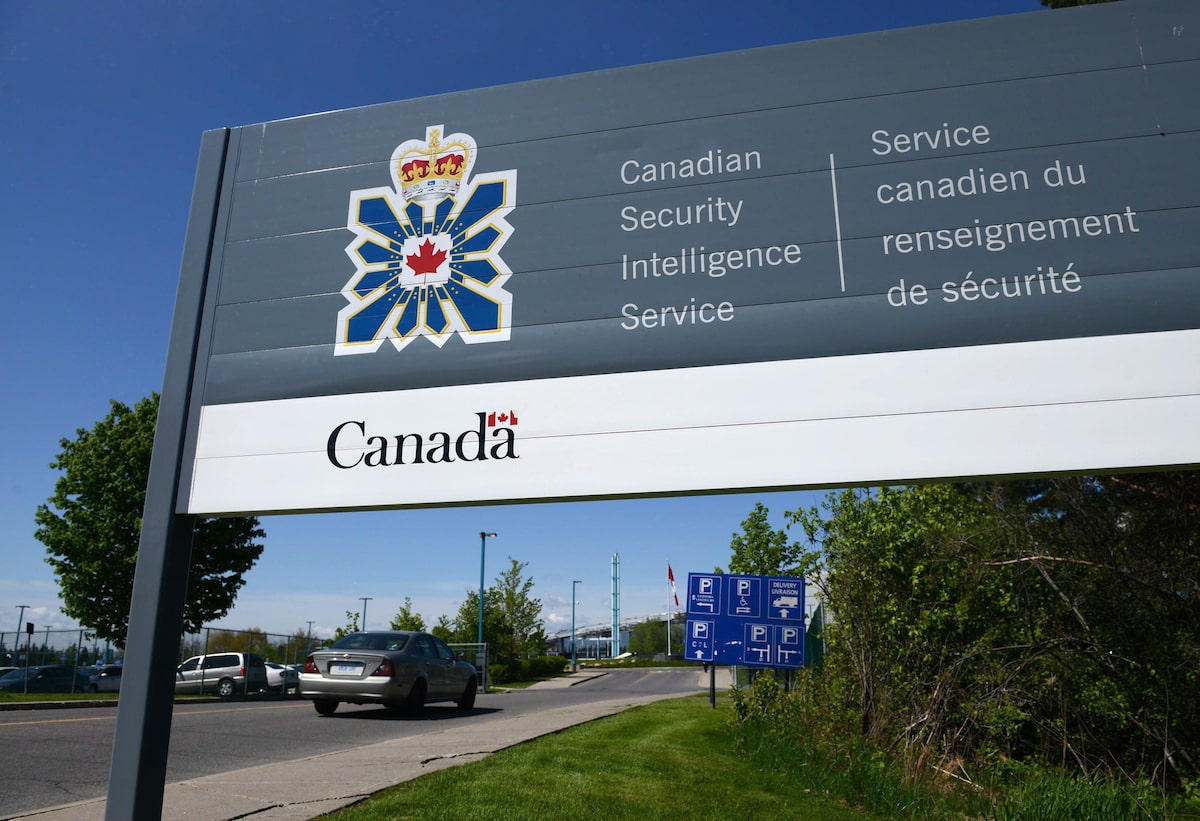By this definition, all foreign students are guilty of espionage if they plan to take what they learned back to their home countries.
This assumes the knowledge is owned by the country or anyone.
I’m imagining a cyberpunk future where students have to pay a life-long lease for learning privately owned intellectual property, and if they don’t pay the repo men come to take their brains.
Nightmare and exactly what the above comment is asking for.
I don’t think “an education” counts as espionage. That’s crazy.
It is if you’re gonna help a competitor make money! Now sign this non-compete clause so that you can’t work for any other
fast food sandwich companycountry’s numerous fields of research should you ever move from thiscollege townbusiness where you actually pay money from your own pocket to act as an employee.
iirc, in the USA the only thing they ban is nuclear studies for students who are from countries that are nuclear powers.
Kinda dumb to complain about biomedical education as espionage.
This is the best summary I could come up with:
The student, Yuekang Li, proposed to study under a leading researcher at the University of Waterloo and take what he learns back to China to improve its public-health system.
But Federal Court Chief Justice Paul Crampton said Mr. Li’s plan fits the definition of “non-traditional” espionage – even without evidence he ever engaged in or had been trained in spying, or that his research has military uses.
Leah West, a national-security specialist at Carleton University, said that while the ruling accurately summarized Chinese spying methods, it “didn’t say why China advancing its biomedical research was contrary to Canadian interests.” She added: “The fact that it’s a country we compete with – is that sufficient, especially when you’re talking about public health?”
Wesley Wark, a leading specialist in national-security law, described the ruling as an important precedent in the area of research security and said it sends a message to Canada’s universities to reconsider their admission practices.
A Canadian government visa officer had rejected Mr. Li as inadmissible on the grounds of espionage, saying that China could target or coerce him to provide information contrary to Canada’s interests.
One such report, from a U.S. government body, said China relies heavily on science and technology students to advance the goals of the Chinese Communist Party, and benefit the military and commercial sectors.
The original article contains 1,059 words, the summary contains 220 words. Saved 79%. I’m a bot and I’m open source!
McCarthyism is back!






